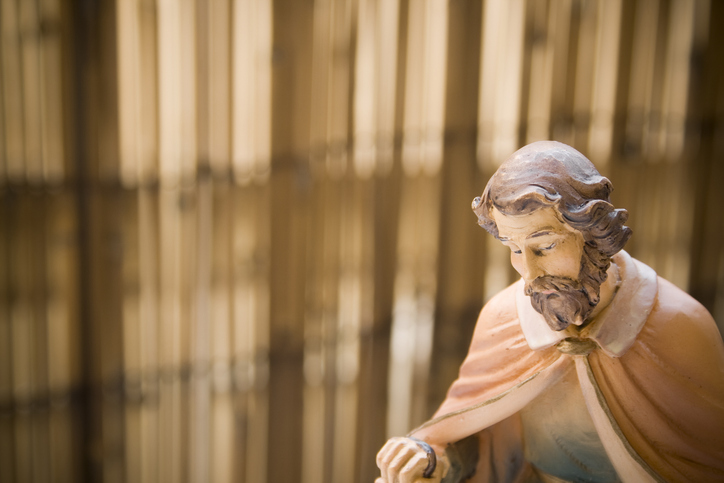Last week, I joined a Lenten small group. There’s only five of us and we’re reading “Give Up Worry for Lent! 40 Days to Finding Peace in Christ” by Gary Zimak. As someone with anxiety, this small group was simultaneously calling out to me and scaring me away. What better time than Lent to work on my faithful solution to my anxiety?
At the same time, the thought of a small group was uncomfortable enough without having to talk about our struggles. I couldn’t be alone. I mean, a small group where worriers have to talk about their worries? Hilariously, I just imagined a group of us, sitting there, too much in our heads to actually talk out loud.
The reality of the small group was actually extremely comforting. I was finally surrounded by people that understood what I was going through. I know I am not alone, but sometimes it can feel that way. My loved ones try to understand what I am going through, but they can’t always put themselves in my shoes. You can’t fully understand the illogical feelings of depression and anxiety if you don’t have it.
But these people, these four others that also had the courage to say yes to a small group? They understood.
One of the questions we discussed was what we do when we’re worrying and how we cope with worrying. Personally, when I feel worried about something, I just focus on something else. Sounds great in theory, but in reality, it just means that we find ourselves focusing on anything but the actual issues in our lives, both big and small.
However, this group wasn’t all about agreeing with each other on how to avoid life. It’s about living a spiritually worry-free life through Christ. This meant that we shared how we coped with our worries and how our faith helps us. For example, in college, I found that talking to myself helped me put things into perspective and work through things. Now I talk to God in an out-loud conversation. I know that he is listening and is planting small seeds of confidence and trust while I talk to myself.
One of my peers also told me about how they talk with the people that they are close to. I find it hard to do so in fear of being judged and rejected, but she went on to say that the conversations with loved ones have been the most calming and fulfilling. This weekend, I tried having that conversation with a loved one and she was right. The people that surround me are there because God handpicked them as my family and friends. They have the same beliefs as me and only want the best for me.
This experience made me realize that although I have found a way to use God’s strength instead of my own, I still have trouble asking others (humans) for help. But God did not put me in a bubble. He put me in a community. As Catholics, we are a part of a community of faith, meant to help each other through the hard times that we cannot handle ourselves. Do you rely on your community of faith? Do you help others?

Veronica Alvarado is a born and raised Texan currently living in Michigan. Since graduating from Texas A&M University, Veronica has published various articles in the Catholic Diocese of Austin’s official newspaper, the Catholic Spirit, and other local publications. She now works as the Content Specialist in Diocesan’s Web Department.


















